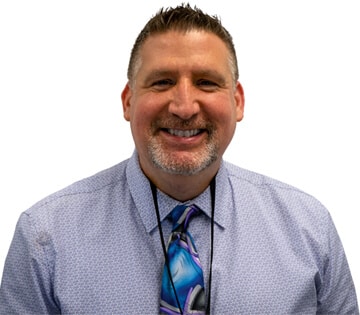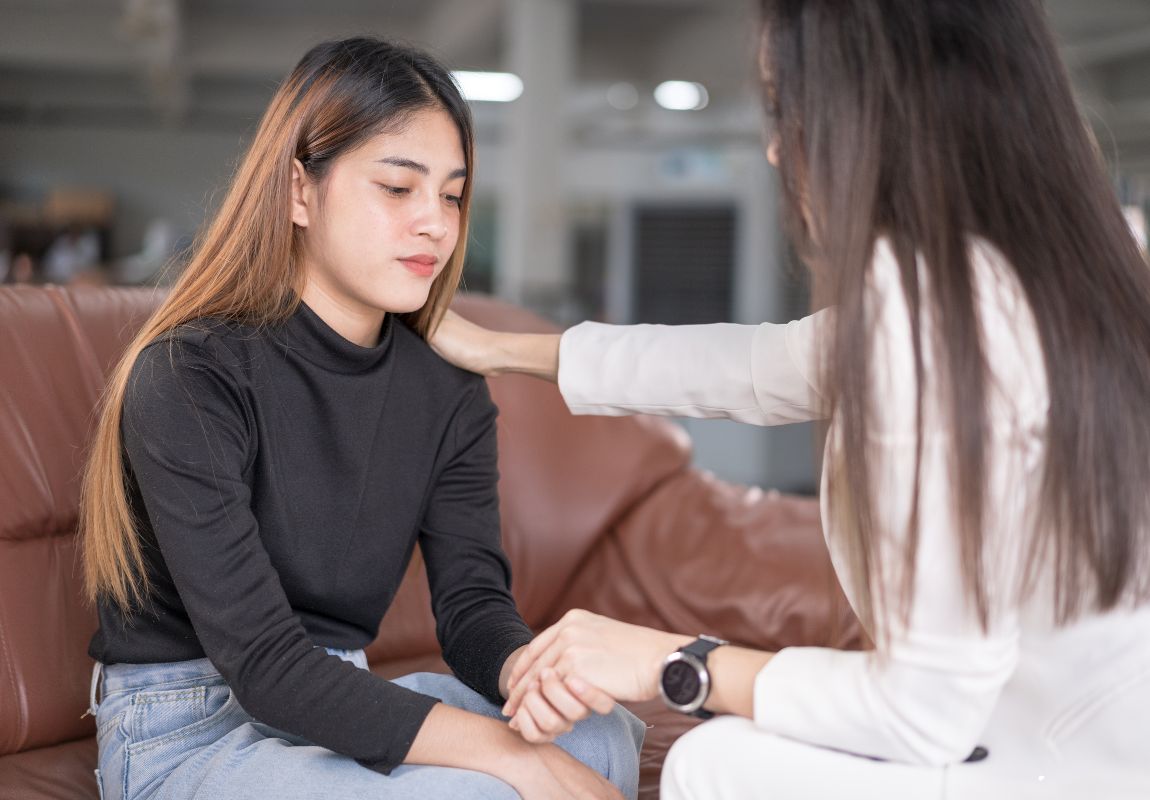Are you or a loved one considering intensive outpatient programs (IOP) for mental health treatment? In this guide, we’ll delve into what intensive outpatient programs entail, how they work, what treatments are available, and how to find one near you.
What Is an Intensive Outpatient Program (IOP)?
An intensive outpatient program (IOP) is a structured form of outpatient treatment designed to address mental health concerns without requiring full-time residency at a facility. Unlike inpatient programs or partial hospitalization programs (PHP) where you live at a treatment center, IOP allows you to live at home while attending scheduled therapy sessions. It’s more of a short-term program designed to get results fast — whether you’re struggling with depression, anxiety, addiction, or other major mental health challenges.
The main difference between IOP and other forms of outpatient treatment is the intensity and frequency of therapy. While traditional outpatient treatment may involve weekly or bi-weekly sessions, intensive outpatient therapy requires more frequent attendance, often ranging from three to five sessions per week. This increased frequency provides individuals with more comprehensive support while still allowing them to maintain their daily responsibilities.
IOPs are just as effective as inpatient and residential programs for most individuals who have low symptom severity and do not require a 24-hour structured setting. In terms of addiction, studies have collectively shown that IOP programs improve abstinence rates, reduce SUD symptom severity, and decrease the frequency of substance use.
Get confidential help from our addiction and mental health treatment facilities located across the United States. Call to join one of our quality programs today!
Speak With Our Admissions TeamHow Does IOP Work?
Entering an IOP usually starts with a meeting where mental health professionals talk to you about your needs and what kind of help you’re looking for. This helps them create a plan that fits you best.
The first step is typically an assessment where they ask questions to understand your situation better. Once you’re enrolled, you’ll start going to therapy sessions. These sessions can be one-on-one with a therapist, in groups with other people, and/or workshops to learn new skills.
The treatment you get in IOP depends on what you need. You might learn ways to deal with your thoughts and feelings better, or you might work on improving your relationships. The goal is to help you feel better and cope with life’s challenges.
How Long Does an Intensive Outpatient Program Take?
As for how long it takes, it varies from person to person. Some people may only need a few weeks, while others might go for a few months. It all depends on how you’re doing and what you need. And as you make progress, you might not need to go as often.
Many individuals transition to an IOP after completing detoxification in a hospital or living in a residential program for substance use disorder or mental health treatment. They’re no longer experiencing suicidal thoughts and have successfully overcome withdrawal symptoms. Typically, individuals in IOPs are referred by the physician who supervised their care during their previous inpatient treatment. Sometimes a therapist makes a recommendation to an IOP, depending on the level of care needed.
What Are the Treatments and Therapies in IOP?
In an IOP mental health is treated with a variety of therapies, depending on your situation. Some options you might come across include:
- Cognitive-behavioral therapy (CBT): This is a type of therapy where you learn to recognize and change negative thoughts and behaviors. It helps you understand how your thoughts affect your feelings and actions.
- Dialectical Behavior Therapy (DBT): DBT combines talk therapy with mindfulness techniques to help you manage your emotions, improve your relationships, and handle stressful situations better.
- Group Therapy: In group therapy, you meet with other people who are going through similar experiences. You share your thoughts and feelings, learn from each other, and support one another under the guidance of a therapist.
- Medication Management: Sometimes, medication can help with mental health conditions. In IOP, there might be a doctor who can prescribe and monitor your medication to make sure it’s working well for you.
- Holistic Therapies: These are treatments that focus on your overall well-being, not just your mental health. They might include activities like yoga, art therapy, or meditation to help you relax and feel more balanced.
These treatments and therapies are designed to give you the support and tools you need to feel better and live a more fulfilling life.
Looking for quality treatment for substance abuse and mental health that’s also affordable? Aliya Health Group's treatment facilities accept most major insurance providers. Get a free insurance benefits check now!
Check Your CoverageHow Do I Find an IOP Near Me?
If you search for “intensive outpatient near me,” you may be overwhelmed by the number of options that come up. The best way to find one that’s right for you is to look for specific characteristics and offerings.
What to look for in a treatment center:
- Accreditation: Make sure the treatment center is accredited, which means it meets certain standards of quality and safety. You can check for accreditation from organizations like the Joint Commission or the Commission on Accreditation of Rehabilitation Facilities (CARF).
- Experienced Staff: Look for a center with experienced and qualified staff, including therapists, counselors, and medical professionals. They should have expertise in treating mental health conditions and be able to provide personalized care.
- Range of Services: Consider what services the treatment center offers. Look for a program that provides a variety of therapies and treatments tailored to your needs, including evidence-based approaches like CBT and DBT, as well as holistic options.
- Insurance Coverage: Check if the treatment center accepts your insurance plan or offers other payment options. Understanding the financial aspect of treatment is important for planning and affordability.
Where to look:
- Online Directories: Start by searching online directories or databases of mental health treatment providers. Websites like Psychology Today or SAMHSA’s Treatment Locator allow you to search for an IOP in your area and filter results based on criteria like location and services offered.
- Referrals: Ask your primary care doctor, therapist, or trusted friends and family for recommendations. They may know of reputable treatment centers in your area or have personal experiences to share.
- Insurance Provider: Contact your insurance provider to get a list of in-network treatment centers. This can help you narrow down your options and ensure that you’re covered for treatment.
- Local Mental Health Organizations: Reach out to local mental health organizations or support groups for guidance and resources. They may have information about IOPs in your community and can provide additional support during your search.
By considering these factors and exploring different resources, you can find an intensive outpatient program that meets your needs and supports your journey to better mental health.
Intensive Outpatient Program at Aliya Health Group
Aliya Health Group’s comprehensive network of alcohol and drug addiction treatment facilities offers intensive outpatient treatment as a part of our full continuum of care. Our IOPs are a step down from PHP and involve between nine and 15 hours of treatment per week. Many find IOP valuable as it offers more flexibility in recovery while tending to other obligations in life like your family, work, or school.
Programming includes therapy sessions, experiential approaches, and education, such as:
- Individual, group, and family therapy
- Acceptance and commitment therapy (ACT)
- CBT, DBT, Eye movement desensitization and reprocessing (EMDR), Motivational interviewing (MI)
- Art therapy
- Music therapy
- Massage therapy
- Chiropractic services
- Nutrition support
- Spirituality groups
- LGBTQIA group
- Life-skills training group
- Team-building group
- Parenting group
Whether you’re struggling with mental health issues, drug and alcohol abuse, you’re concerned for a loved one or client, or you just want to learn more about our programs, we’re here to help. Contact us today to learn more.





















